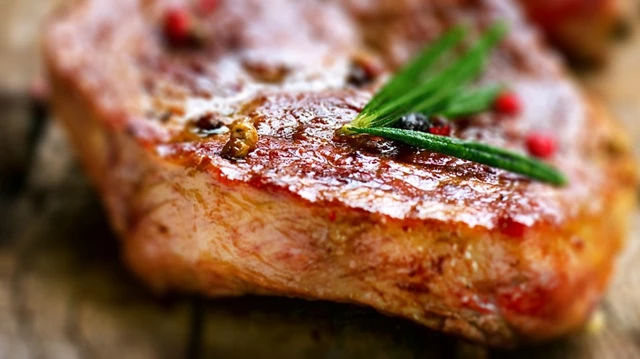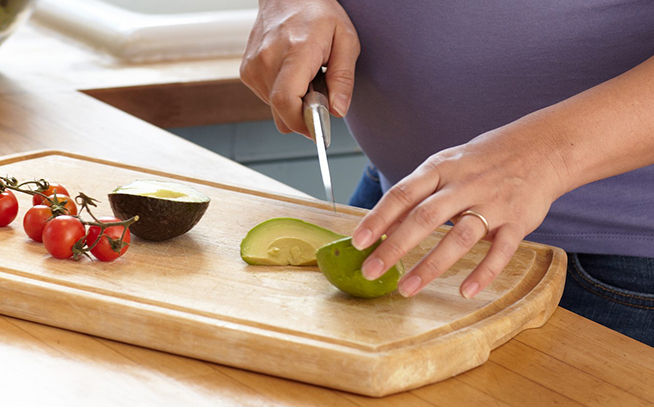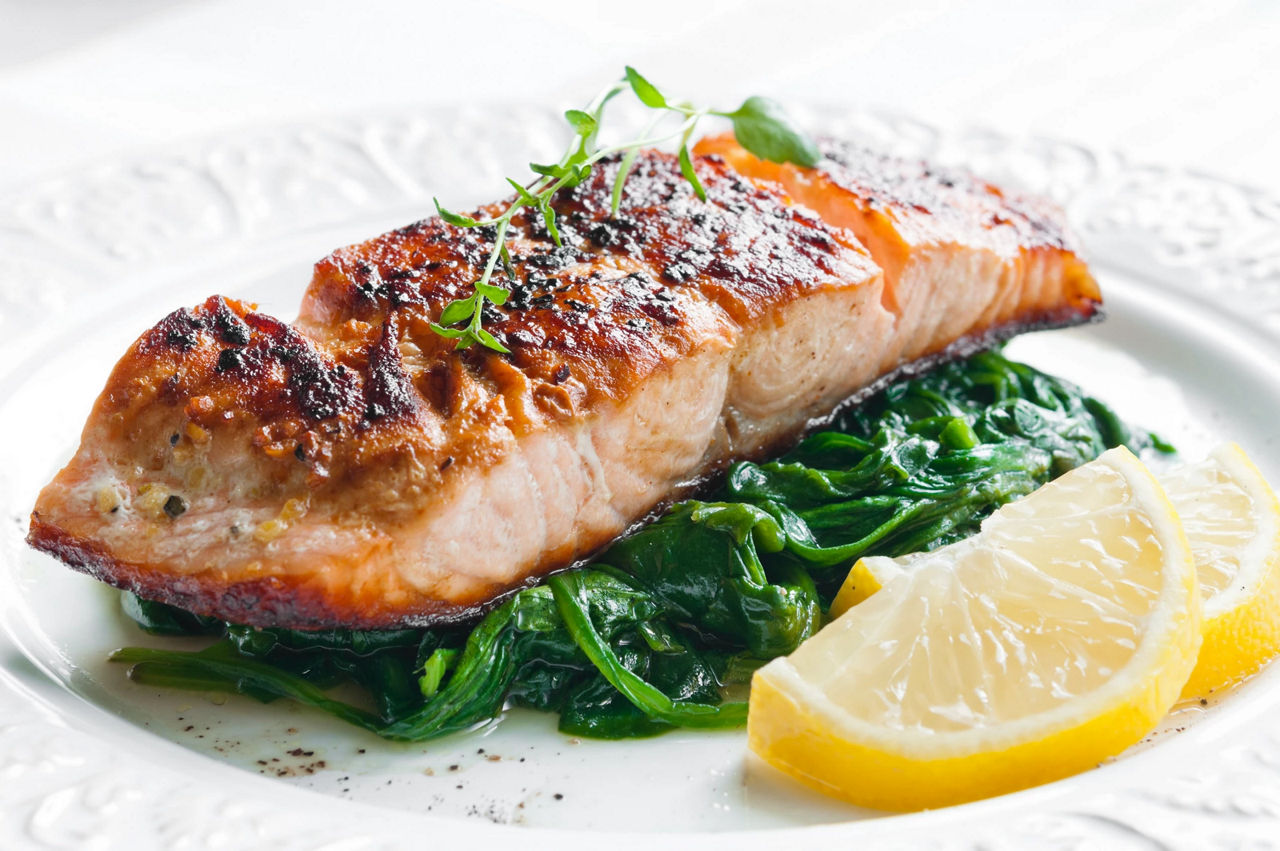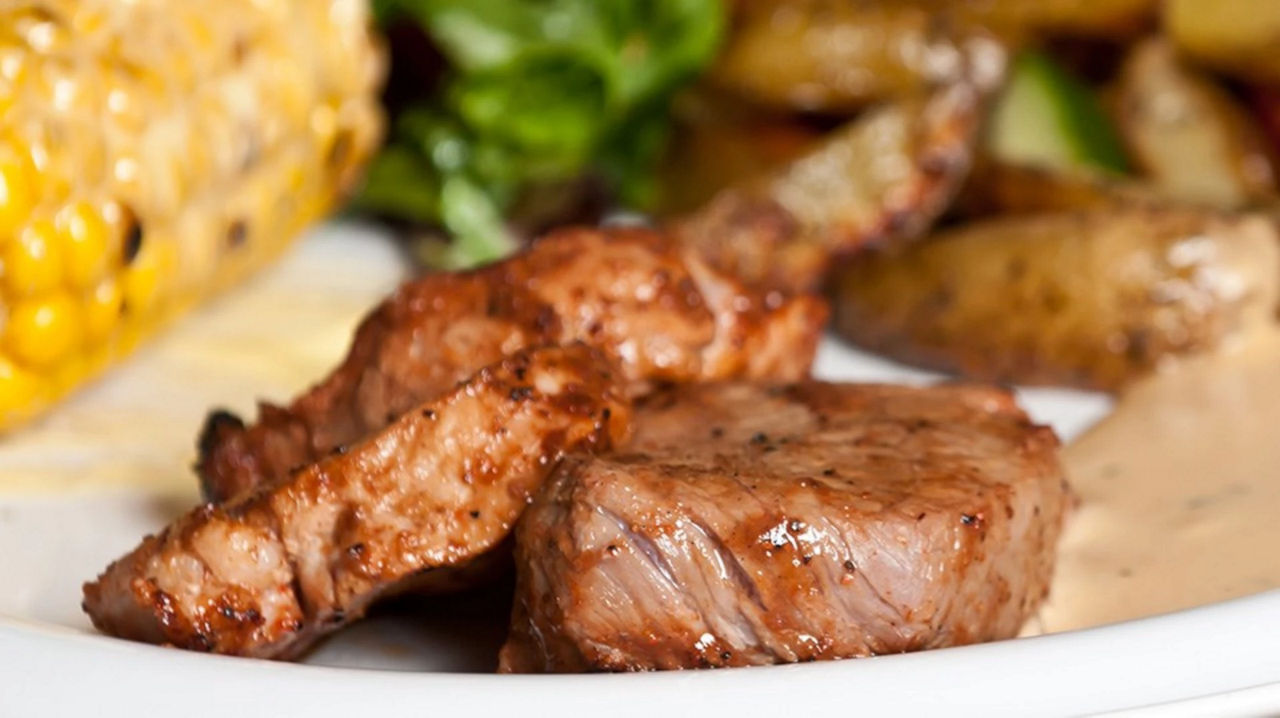The role of zinc in pregnancy is a very important one, supporting your baby’s healthy growth and development whilst in the womb and beyond - including through infancy childhood and adulthood1. As such, zinc should form part of any healthy and balanced pregnancy diet.
Zinc in pregnancy helps your baby’s organs and skeleton to form as they grow, as well as supporting the development of their nervous and circulatory systems2. It also supports the construction of your baby’s cells, enzymes and DNA during pregnancy, and is needed for cell division and tissue growth3.
Ensuring that you have an adequate supply of zinc during pregnancy has various other benefits for your baby, too. Found in high concentrations in the brain4, it’s important for normal brain development and function5, laying the foundation for all future learning and development. Zinc in pregnancy also helps your growing baby to build a strong immune system6.
Zinc also supports your own immune system too, protecting you against infections and helping wounds to heal1.






